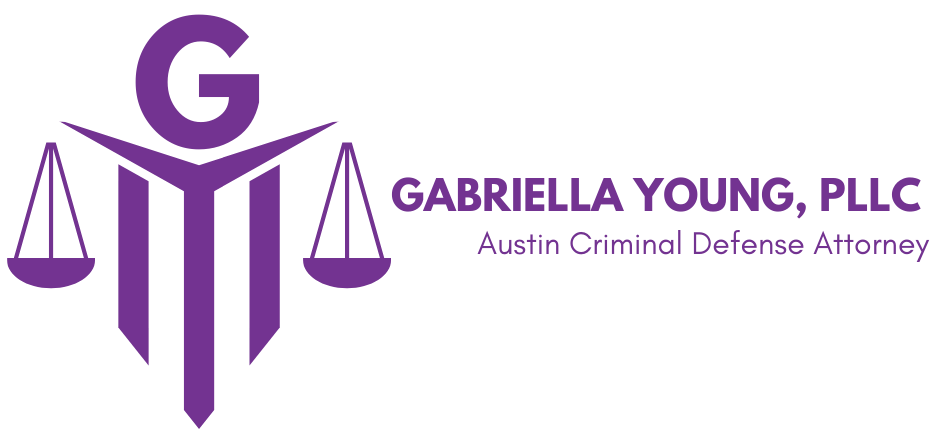Throughout the course of the 2016 presidential campaign, then-candidate Donald Trump refused to disclose his federal income tax returns. He remains the only major party candidate to not release his tax return, different from general income or financial disclosure, since the 1980 presidential election, when Ronald Reagan took office. Due to this and falling approval of the government in the United States, Americans have been calling for more financial disclosure and transparency from our government.
But how do these shifting interests affect the government on a State level?
During the 2017-2018 85th Texas Legislative Session, soon after the election, a new financial disclosure bill affecting public officials was actually passed. This bill, TX HB501, demanded detailed financial records and disclosure from both candidates and public officer holders in the Texas government.
It requires disclosure of finances covering fourteen different areas of income:
1) All sources of occupational income (either from employers or profits from being self-employed) and identifying any business the individual has received a retainer fee from. A retainer fee acts as a sort of pre-payment for certain services, and under this law they must disclosure any retainer fees whether or not the any services were actually performed.
2) Name, number, and value of any stock shares of any business held or acquired. If the individual is in the game of selling stock, they must also report net gain or loss made from buying and selling stock.
3) Identify and enumerate all bonds, notes, or other commercial paper held. “Note” is a financial term for what is essential an “I Owe You,” in which an individual or organization promises on paper to pay a certain amount to another individual or organization at a certain point in the future. If the candidate or office holder is in the business of buying and selling bonds or notes, net gain or loss from those sales must also be reported.
4) The individual must identify and disclose the value of all income (over $500 per source) made from interest, dividends, royalties, and rents. Dividends are payments made to shareholders by a corporation, and royalties are made by licensing or franchising the use of an asset to others.
5) They must also disclose any guarantor of a loan they’ve taken out and identify each person or institution with whom they have a lease agreement or notes (remember, those “I Owe You’s”) with over $1000 in liability.
6) The individual must disclose beneficial interests in business entities and real estate, plus the net gain or loss from their sale.
7) If the individual, their organization, their spouse, or any of their dependent children received a gift (not from a close relative) valued at more than $250, that must also be disclosed.
8) If the individual received money as a beneficiary of trust, they must identify both the source and amount of income received from that trust.
9) If the candidate or official is involved in a corporation, firm, partnership, or other business association where 50% of the ownership was held, acquired, or sold, they have to enumerate all of those assets and liabilities.
10) They must list any board of directors or executive position that they are a member of, which helps outline any conflicts of interest.
11) They also must identify anyone who has provided them transportation, meals or lodging and total up the cost of those expenses. For example, it would look suspicious if another individual or organization with a political agenda was frequently treating a candidate to expensive dinners and hotels, even if no cash money is passed between them.
12) Excluding a publicly held corporation, they must disclose their registration or interest with any corporation, partnership, firm, joint venture, or other business association.
13) If the individual holds or acquires any number of shares from a mutual fund, they must identify the amount and number of shares. If they’re selling shares from a mutual fund, they must also report their net gain or loss.
14) Identify any blind trusts. A blind trust is a financial arrangement where a public official doesn’t now how the assets of the trust are managed because they gives the administration of their private business interests to an independent trust. This prevents conflict of interest, because the independent trust doesn’t disclose what assets are managed.
Thank you for visiting the Gabriella Young blog, an Austin Criminal Defense Lawyer. We write to inform locals about law changes, events and news.

